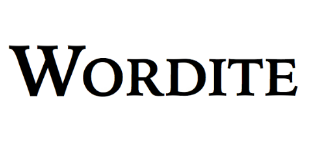wan - What does it mean?
'wan' hits on the web
You may have been searching for a specific social media @wan profile or the tag #wan
Definition of 'wan'English
Etymology 1
From (etyl), from (etyl) .
Adjective
( wanner)
Pale, sickly-looking.
* Spenser
- Sad to view, his visage pale and wan .
* Longfellow
- the wan moon overhead
* {{quote-book
|year=1921
|year_published= 2012
|edition=HTML
|editor=
|author=Edgar Rice Burrows
|title=The Efficiency Expert
|chapter=
citation
|genre=
|publisher=The Gutenberg Project
|isbn=
|page=
|passage=She looked wan and worried, ...
}}
Dim, faint.
* {{quote-book|passage=’twas so far away, that evil day when I prayed to the Prince of Gloom / For the savage strength and the sullen length of life to work his doom. / Nor sign nor word had I seen or heard, and it happed so long ago; / My youth was gone and my memory wan , and I willed it even so.
|title=( Ballads of a Cheechako)
|chapter=( The Ballad of One-Eyed Mike)
|author=Robert W. Service
|year=1909}}
Bland, uninterested.
- A wan expression
Noun
( -)
The quality of being wan; wanness.
* Tennyson
- Tinged with wan from lack of sleep.
Etymology 2
Inflected forms.
Verb
(head)
(obsolete) (win)
Anagrams
*
----
Similar to 'wan'win, when, won, wen, wynn, wean, ween, wain, woon, whin, wyn, wayn
|
